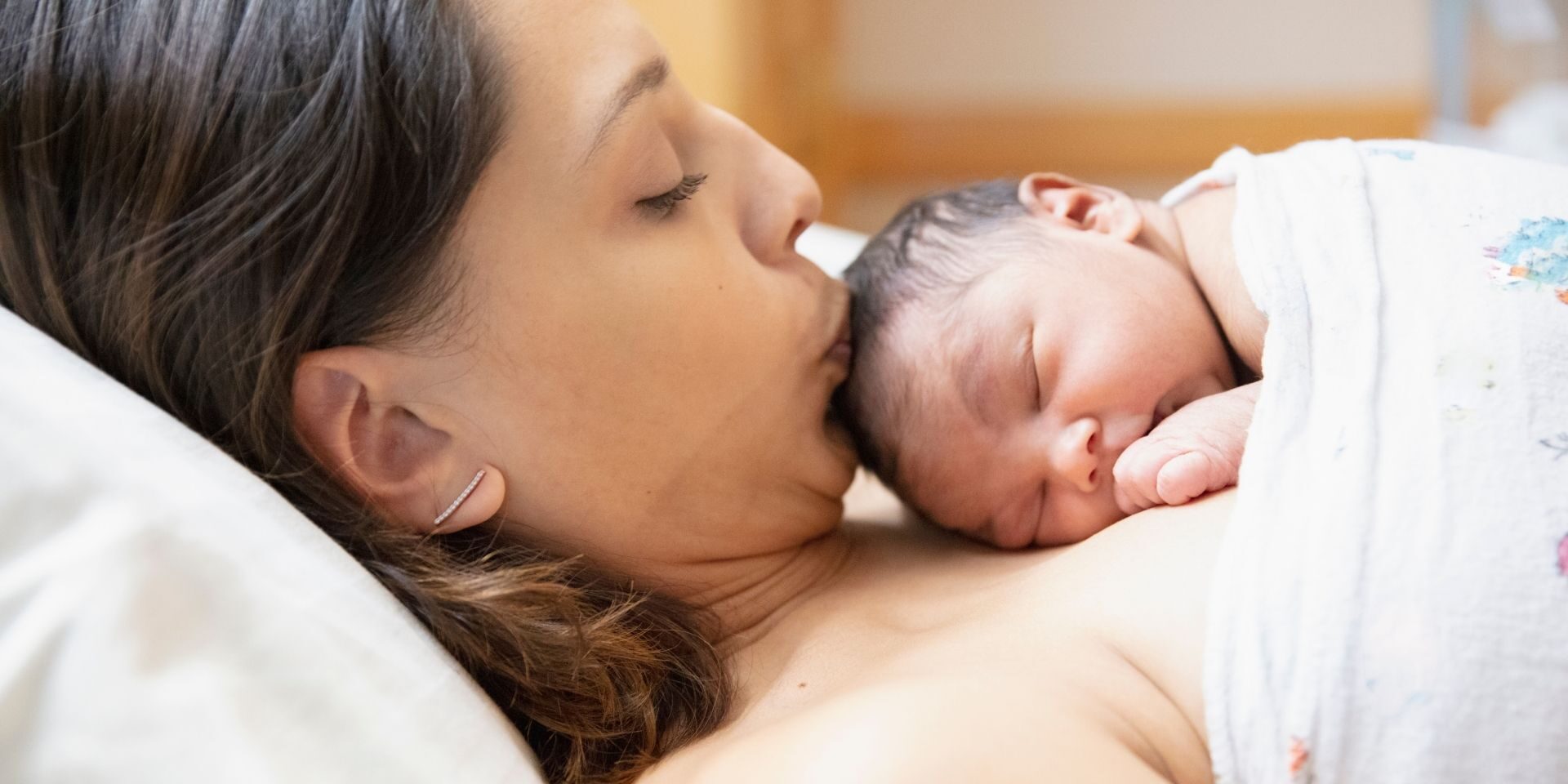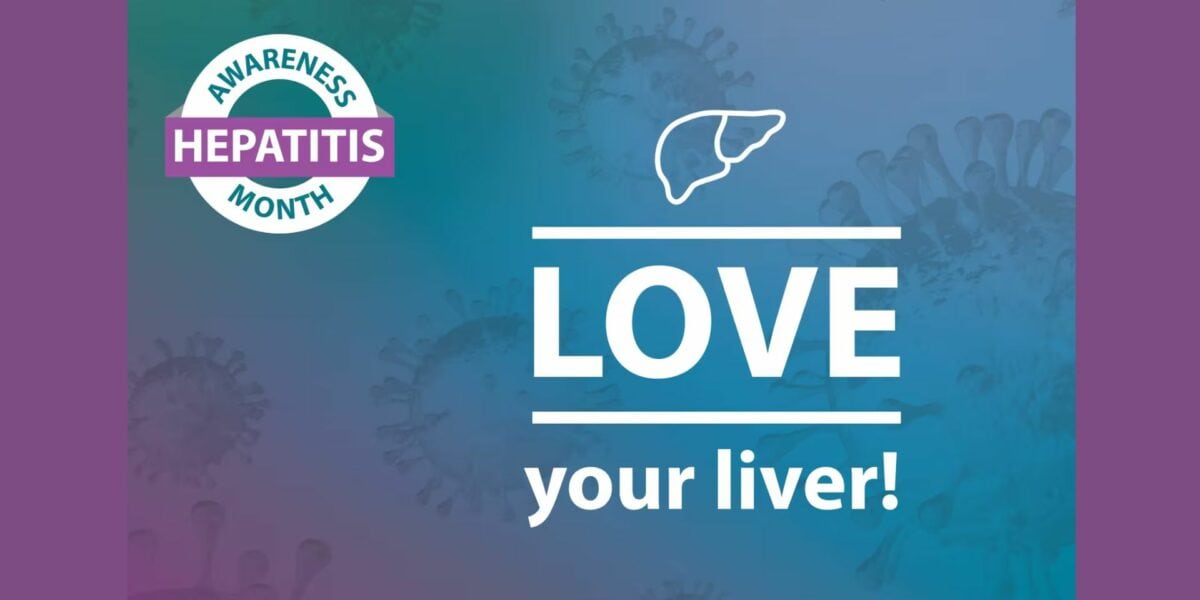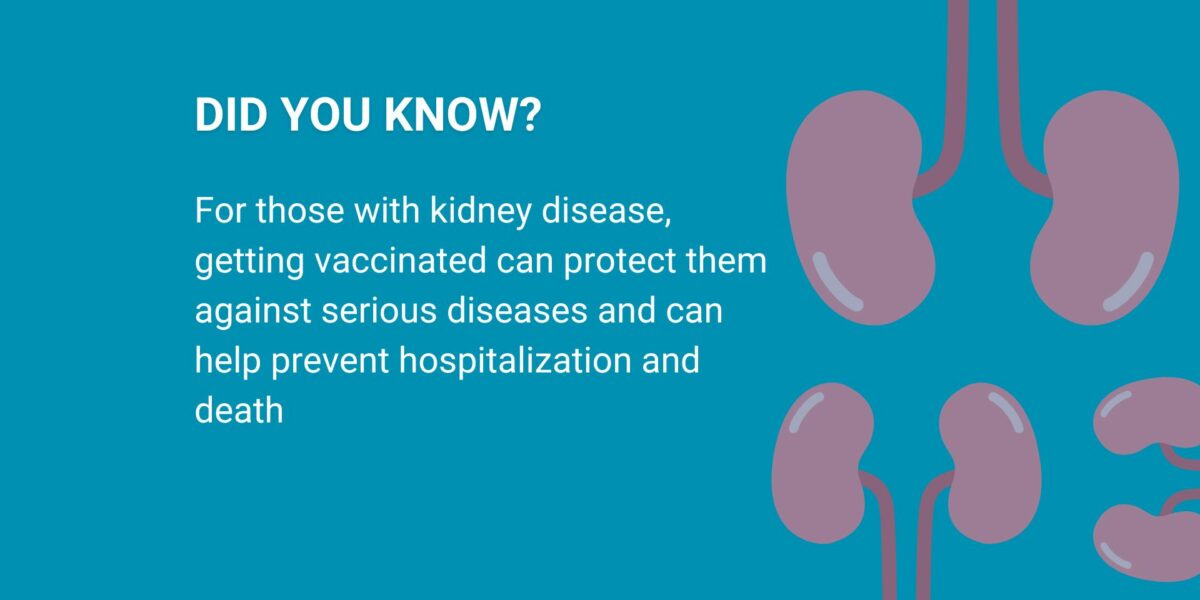
 October is National Liver Awareness Month and Liver Cancer Awareness Month. For nearly 40 years, hepatitis B vaccination has been recommended for US infants to prevent hepatitis B infection, which can lead to liver damage, liver failure, and cancer. Special thanks to Frank Hood, director of HepB United, a national coalition dedicated to eliminating hepatitis B, for this guest blog post on the importance of the hepatitis B birth dose.
October is National Liver Awareness Month and Liver Cancer Awareness Month. For nearly 40 years, hepatitis B vaccination has been recommended for US infants to prevent hepatitis B infection, which can lead to liver damage, liver failure, and cancer. Special thanks to Frank Hood, director of HepB United, a national coalition dedicated to eliminating hepatitis B, for this guest blog post on the importance of the hepatitis B birth dose.
The story of the universal hepatitis B birth dose immunization is one of public health’s great successes. In just under 40 years, the US nearly eliminated transmission of hepatitis B in children. This is a stark difference from 3 decades ago, when 18,000 children a year were infected before they reached age 10. The universal recommendation plays a critical role in reducing the transmission of chronic hepatitis B–a leading cause of liver cancer. Any move away from this standard risks decades of public health progress and puts children at risk.
The recent decision by the Advisory Committee on Immunization Practices (ACIP) to revisit the hepatitis B birth dose recommendation is a dangerous move away from science. Since the recommendation that infants receive their first hepatitis B vaccine dose within 24 hours of birth was implemented in 1991, the US has achieved incredible results.
The universal hepatitis B birth dose has:
- prevented more than 500,000 childhood infections
- reduced infant hepatitis B cases by 95%
- prevented an estimated 90,100 childhood deaths
Even if an infant is not exposed to hepatitis B at birth, they are still at risk of contracting the disease at any point in their lifetime if they remain unvaccinated. Before hepatitis B vaccine was routinely given to infants, mother-to-child transmission was the most common form of transmission. But children can be exposed to hepatitis B through different routes, such as accidental environmental or household exposure.
Approximately 90% of infants who are exposed to hepatitis B will develop a chronic infection, placing them at a significantly increased risk of cirrhosis and liver cancer later in life.
With more than 2 million people in the US living with hepatitis B, but nearly 70% unaware of their infection, risk of accidental exposure to the virus persists, making the universal birth dose the best available protection against hepatitis B and serious liver complications.
The Dangers of Eliminating the Universal Birth Dose
The potential decision to change the universal birth dose recommendation could have far-reaching implications for children’s health, access, and equity:
- Delayed Access: Infants may not receive the vaccine at the most critical time
- Coverage Gaps: It could result in a lack of insurance coverage for children under the Vaccines for Children program
- Confusion and Inequity: Differing guidelines could create confusion for parents and lead to inequitable access, as some healthcare professionals may follow ACIP while others will follow guidelines set by groups like the American Academy of Pediatrics
Individuals and families affected by the virus are deeply concerned about what the future holds for those who may no longer have access to the vaccine:
- “Consistent access to the hepatitis B vaccine is greatly needed for everyone to prevent as many people from living with the illness, as I do every day. Now is not the time to go against proven science when doing so would cause more deaths.” -David, #JustB storyteller
- “I have seen the suffering and struggles of so many hepatitis B patients, and we all wish one thing, which is that our mothers were tested when they were pregnant and the vaccines were made available to us. Going back to a policy that failed decades ago, in my view, is not smart. It is a horrible move with serious consequences.” -Bright, #JustB storyteller
This proposed change matters to me personally as well. My own daughter turns 6 years old this month, and my wife and I chose for her to receive her first hepatitis B vaccine dose as recommended: within the first 24 hours of birth. It was a choice, not a mandate, but it was choice we would not have had under the ACIP changes being discussed. Working as a hepatitis B advocate, I am burdened with knowing how easily this disease can be transmitted, even when families are being careful. If we could not get our daughter vaccinated on day one, we would have been a nervous wreck until the day she could be vaccinated.
At the end of the day, the universal birth dose recommendation is a safety blanket, giving families the freedom to make the decision that’s best for them while providing educated guidance for what’s best for the public overall. It’s not broken and does not need fixing.
Talk to a Healthcare Professional about Hepatitis B Prevention
To join the conversation and get the latest news on infectious diseases:
- Like and follow NFID on social media
- Listen and subscribe to the Infectious IDeas podcast
- Subscribe to receive future NFID Updates
Related Posts

Infectious Diseases in the News
Read recent news of interest from the world of infectious diseases including insights and updates on COVID-19, handwashing, hepatitis, malaria, measles, and respiratory syncytial virus (RSV) …

Protecting Patients with Liver Disease
May is Hepatitis Awareness Month, a reminder of the importance of preventing and treating viral hepatitis …

3 Things You Need to Know about Kidney Disease and Vaccines
It is important for people with kidney disease to understand how critical vaccination can be for their health and well-being
